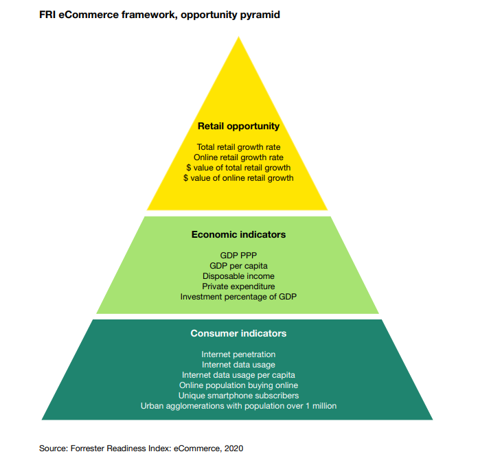
Dive Brief:
- Target is scaling back its store investment plans in the near term as it tries to meet demand surging on COVID-19 concerns. The retailer now expects to remodel 130 stores this year, less than half of the 300 it originally planned for 2020, according to a press release.
- Target also has reduced plans to build new small format stores down to 15-20, from previously announced plans for 36 new small stores this year. Plans to add fresh grocery and adult beverages to Target’s drive-up and pick-up services are also on hold.
- All this comes amid what CEO Brian Cornell described in a statement as an “unprecedented surge in traffic and sales” as consumers flock to Target stores and services for food and household products. Given rapidly changing sales and costs, Target withdrew its fiscal guidance for the first quarter and fiscal year.
Dive Insight:
Shoppers stocking up or outright stockpiling goods as they brace for weeks at home has already led to an increase in sales at major general merchandisers, including Target, Amazon and Walmart, and deep discounters Dollar General and Family Dollar, which are all hiring en masse to meet new demand.
After rising 3.8% in February, comparable sales at Target for the month-to-date in March were up more than 20%, the company said. Comps for food and essentials were up more than 50%, the company said.
Target also said sales have been strong among some hardline categories, including home office and entertainment — products the retailer noted “support in-home activities.” Sales in apparel and accessories — previously a growing category and particular strength for Target, however — have “softened meaningfully,” down some 20% month-to-date in March.
Even as sales surge overall, Target’s margins could fall as sales decline in high-margin categories, the company said. The company has added more than $300 million in additional costs above previous estimates due to “investments in pay and benefits, the spike in merchandise volume in stores and the supply chain, and the impact of additional hours dedicated to more rigorous cleaning routines in stores and distribution centers across the country,” Target said.
Target is among those to raise their wages for retailers on the front lines. The retailer boosted pay by $2 an hour for store and distribution centers and is paying out bonuses to some 20,000 team leads.
All of this disrupts Targets plans to continue its push into smaller formats and efforts to revitalize its stores, a long investment strategy that has already helped boost Target’s sales in recent years.
Target, Walmart, Amazon and other general merchants have grown sales in recent years thanks in large part to their convenience, pricing, and ability to invest in their digital stores and services. The COVID-19 pandemic, which has shut down tens of thousands of stores around the country, at least in the short term is accelerating the growth of some of retail’s biggest players.

